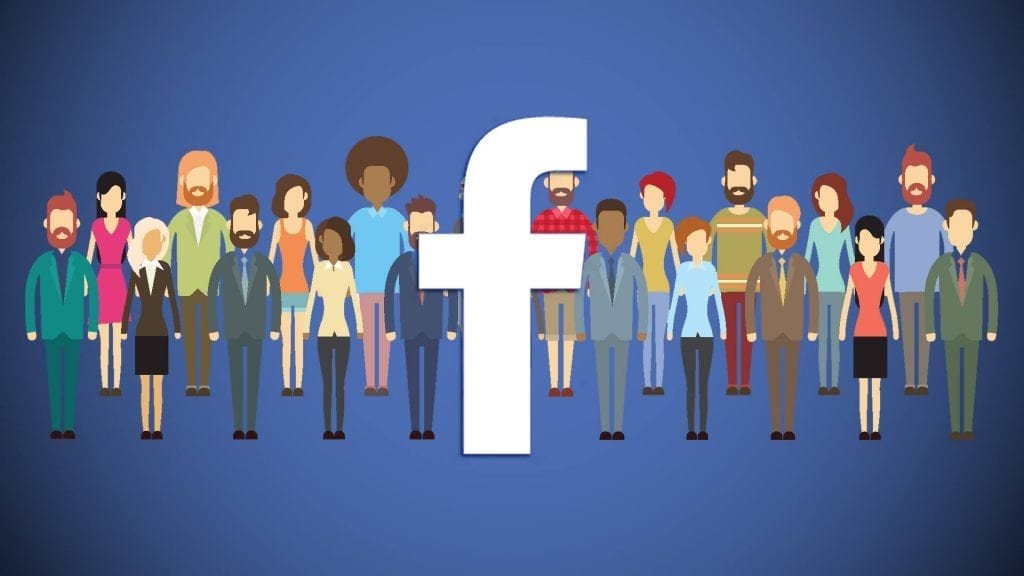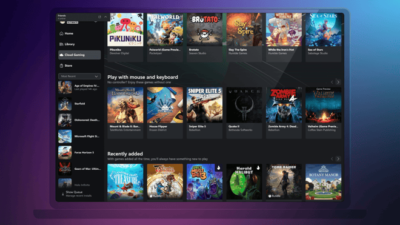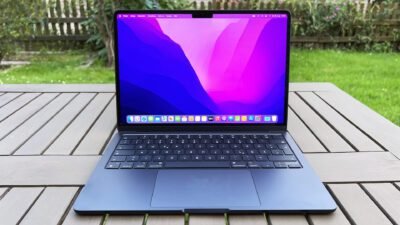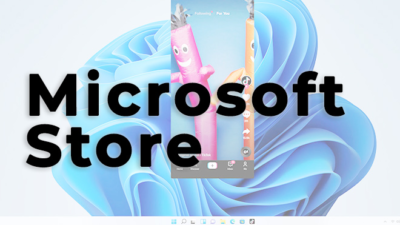Facebook Will Expand Its Symptom Tracking Survey Globally To Measure COVID-19 Spread

Two weeks after beginning to survey users about symptoms of the disease in an attempt to monitor the spread of COVID-19, Facebook said Monday that early findings showed promise — and that the campaign would be rolled out globally beginning Wednesday. Carnegie Mellon University, which is conducting the study, said 150,000 people a day now experience symptoms after clicking on a link in the News Feed. The university is not sharing any symptom information back to Facebook.
Also read: Facebook launches gaming app to compete with YouTube and Twitch
In an op-ed in the Washington Post, Facebook CEO Mark Zuckerberg said that Carnegie Mellon’s initial results correspond with public data about reported COVID-19 outbreaks, an significant indication that symptom surveys may likely be able to predict the spread of the disease. Using aggregated university data, Facebook will generate interactive maps based on symptom surveys and update them daily.
Also read: Samsung withdraws Galaxy S20 Ultra updates due to numerous bugs
“I’ve always believed that helping people come together as a community will help us address our greatest challenges — not just by sharing our experiences and supporting each other in crises but also by working together at scale to solve problems,” Zuckerberg wrote. “The world has faced pandemics before, but this time we have a new superpower: the ability to gather and share data for good. If we use it responsibly, I’m optimistic that data can help the world respond to this health crisis and get us started on the road to recovery.”
Zuckerberg said in an interview with The Verge that global maps could serve as a reality check in areas where elected officials have been slow to realize the spread of COVID-19 within their borders.
“What we can do is help them get a survey out to a large number of people quickly, and on a daily basis,” he said. “Since we have a basic understanding of who people are, we can make sure that it’s sampled properly. We’re in a relatively unique position where I don’t think that there are that many institutions in the world that could stand up a survey like this — across the country, much less across the world.”
Research Snipers is currently covering all technology news including Google, Apple, Android, Xiaomi, Huawei, Samsung News, and More. Research Snipers has decade of experience in breaking technology news, covering latest trends in tech news, and recent developments.











